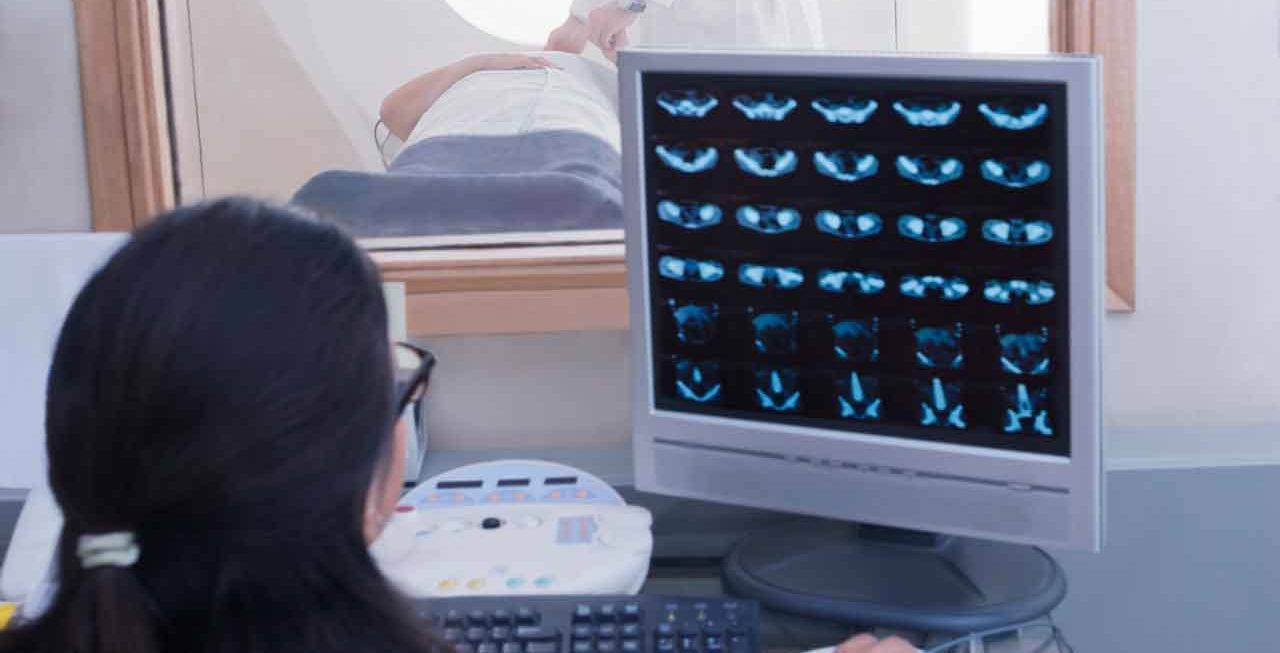September 05, 2017
Is Clinical Research Inherently Biased?

Clinical research conducted in the United States must adhere to strict guidelines and undergo rigorous oversight throughout all phases of a study. We rely on these processes to ensure that studies are ethical, patients are treated fairly, and the questions being asked have significance to the greater scientific community. Many researchers have years of expertise that drive the types of questions they ask and results they expect to see, but despite best efforts to remain neutral partiality does exist. While clinical studies are the gold standard for evaluating a scientific question in a patient population, they may be inherently biased in design and implementation.
YOU MIGHT ALSO LIKE: Navigating a Citation and Abstract
Bias in clinical trials often begins with the question itself. Studies are designed to address specific aims in a way that is straightforward and testable: Does Drug X improve the symptoms of a disease better than Drug Y? If you have ever taken a statistics course, you will likely (perhaps vaguely?) remember the concept of the null hypothesis – the assumption that there is no significant difference between the two groups being tested. One must disprove this assumption to show that a result did not happen by chance. In this example, the null hypothesis is that Drug X is no better or worse than Drug Y. But why would researchers go to the effort of initiating a clinical trial if they genuinely believe both drugs are equally effective?
The truth is that we need this type of bias to drive change, as scientists build upon previous work to develop the next questions, drugs, or medical advancements. The study design will help account for these preconceived notions; for example, patients may be randomly assigned to receive a treatment to ensure the groups are otherwise equal. Researchers may even be blinded to the treatment assignment altogether (the patient could be taking either Drug X or Y) which helps to remain neutral when assessing symptoms or side effects. If Drug X is “supposed” to improve symptoms, researchers may be inclined to rate side effects more favorably for that drug, when in fact the symptoms may not be improved at all. Accounting for subjectivity and human error helps keep a research study honest.
Once a study is complete, data analysis is done, and a manuscript is written, the results will be publicly available. These findings will also be subject to interpretation by consumers of all levels, from seasoned scientists to tyros with little exposure to a given topic. Regardless, we all consume information from the lens of our personal experiences.
Let’s say someone is looking for information on the latest breast cancer research because a family member was recently diagnosed. Already there is an emotional component to the search: concern for the family member. Perhaps this leads you to seek out information that validates your hope that a viable treatment exists. You find mention of a new “miracle” drug that has shown promising results and explore further to learn more. You may unconsciously skip over contradictory information (which may suggest that the drug is not a panacea after all) and focus only on the information that supports your hope that the drug is effective.
The tendency towards confirmation bias, or interpreting information in a way that validates existing beliefs, makes us vulnerable to misunderstanding research findings. Furthermore, we often hear about clinical trials via third parties, such as reporters or news anchors, who have already condensed the information before it even reached you. It is important to choose reliable sources of information that aim to present facts in a balanced manner.
While all research studies do contain some amount of bias – from the investigators creating the design to the layperson reading the results – there are safeguards in place that minimize this impact on the ultimate findings. As with most information that is widely accessible, the onus falls on the individual to remain impartial when consuming it. If you remain vigilant and continuously question the validity of scientific methods you will become savvy at identifying bias, and then you will quickly tease out the sources of information you trust… and those you do not.
YOU MIGHT ALSO LIKE: Introduction to Clinical Research – How to Spot the Good Stuff

